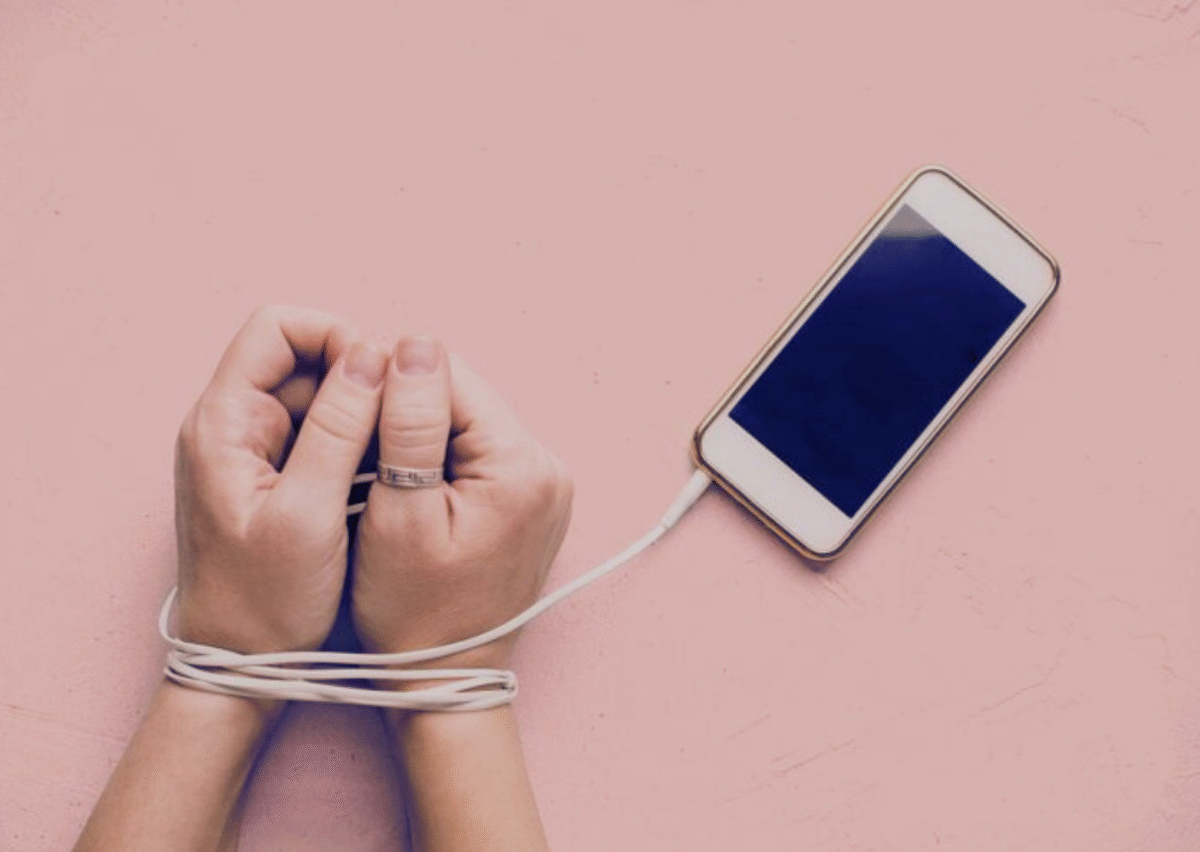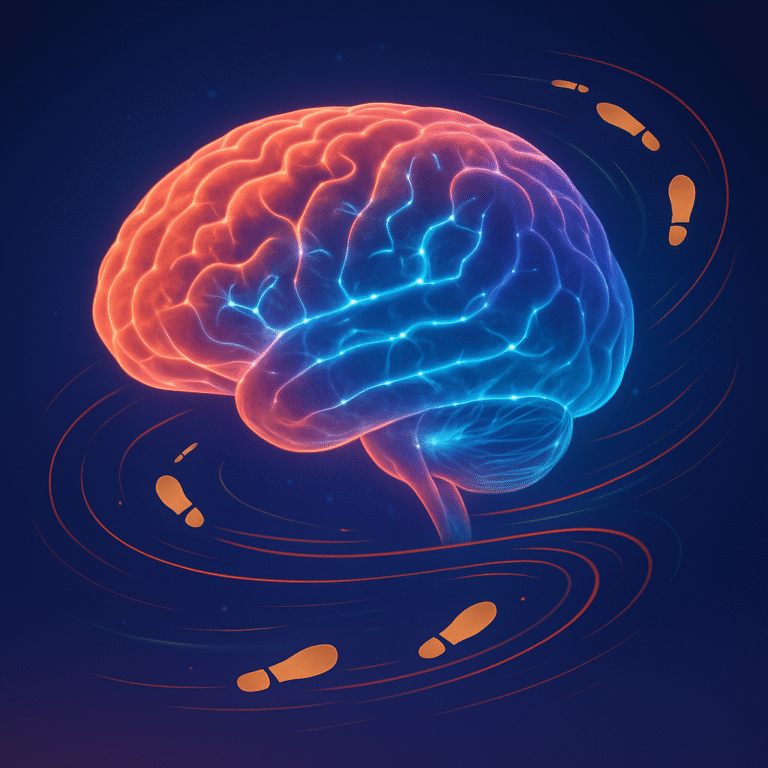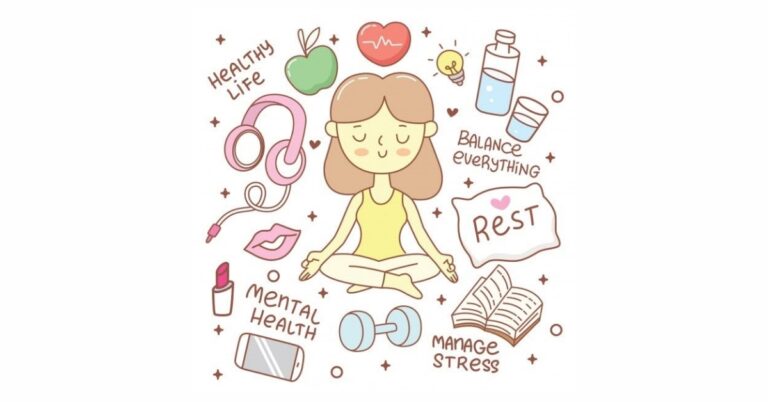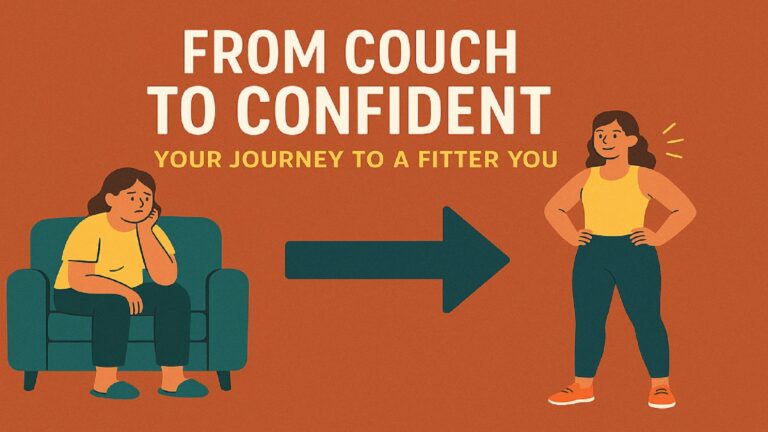Disconnect to Reconnect: Finding Presence Beyond the Screen
Disconnect to Reconnect: Finding Presence Beyond the Screen
Are you constantly checking your phone, overwhelmed by endless notifications, or struggling to focus? Could stepping back from screens be the key to reducing stress, improving sleep, and reconnecting with the world around you? Disconnect to Reconnect: Finding Presence Beyond the Screen encapsulates the essence of a digital detox as a powerful step toward reclaiming your time, attention, and mental clarity. In today’s fast-paced, constantly connected society, digital devices have become integral to our lives. However, while technology connects us, it can also contribute to feelings of loneliness, burnout, and anxiety.
This article explores the importance of intentional disconnection to restore well-being, mental health, and meaningful connection.
The Digital Overload
We often feel as though we can’t escape the digital noise—scrolling endlessly through social media, constantly checking emails, or being inundated with app notifications. Though technology brings people closer in some ways, it can also adversely affect our relationships, productivity, and peace of mind.
Overuse of digital media can:
- Disrupt sleep patterns
- Hinder focus and productivity
- Negatively impact emotional well-being
- Cause mental fatigue
Disconnect to Reconnect serves as a reminder that stepping away from devices is not just beneficial—it is essential.
Signs You Need a Digital Detox
If you’re unsure whether a digital detox is necessary, consider these warning signs:
- Reduced Productivity
Are you struggling to concentrate or complete tasks? Constant digital interruptions may be diverting your focus and preventing you from achieving your goals.
- Disrupted Sleep
Do you find it difficult to fall asleep after nighttime scrolling? Screen exposure before bed impacts your sleep quality and overall mood.
- Constant Fatigue and Mental Tiredness
Even after a full night’s rest, your brain might feel overwhelmed. Excessive screen time can exhaust your mental bandwidth, leaving little room for recovery.
Benefits of a Digital Detox
Taking a break from screens can lead to significant improvements in various aspects of your life:
- Enhanced Productivity and Focus
Unplugging from devices allows you to fully engage in tasks without the constant distraction of notifications. This fosters deeper concentration and higher efficiency.
- Improved Sleep Quality
Reducing screen exposure—especially before bedtime—can restore healthy sleep patterns, leading to more restful and rejuvenating nights.
- Strengthened Relationships
A digital detox encourages meaningful face-to-face interactions, deeper conversations, and greater presence with loved ones.
- More Time for Physical Activities and Hobbies
Disconnecting provides an opportunity to explore new interests, revisit past hobbies, and invest in physical health and well-being.

Setting Goals for Your Digital Detox
Before beginning your digital detox, consider establishing clear objectives:
- Set a Duration
Start with realistic time frames—whether it’s a few hours, a day, or a full week without screens. Gradually increase the duration as you grow more comfortable.
- Define Personal Intentions
Clarify what you hope to achieve. Whether your goal is to boost creativity, reduce stress, or deepen relationships, having a clear purpose will help you stay committed.
- Utilize Tools and Support Systems
Use app limiters and screen time tracking tools to manage device usage. Share your detox plans with friends or family for accountability and support.
Practical Tips for a Successful Detox
Implement the following strategies to make your digital detox more effective:
- Set Attainable Goals
Begin with manageable changes, such as unplugging for a few hours daily or designating one tech-free day per week.
- Create Tech-Free Zones
Establish areas in your home, such as the bedroom or dining table, where devices are not permitted to encourage mindfulness and rest.
- Engage in Offline Activities
Rediscover joy in offline pastimes like reading, cooking, painting, or hiking. These activities promote relaxation and fulfillment.
- Turn Off Non-Essential Notifications
Silencing unnecessary alerts can significantly reduce distractions and the compulsion to constantly check your phone.
Conclusion
Disconnect to Reconnect: Finding Presence Beyond the Screen is not about abandoning technology altogether, but about creating healthier boundaries. In an age of constant connectivity, intentional unplugging becomes an act of self-care.
Reclaim your time. Restore your peace. Reconnect—with yourself and with the world.
You deserve the clarity, balance, and joy that comes from living more mindfully—beyond the screen.
Disclaimer: The views expressed in this article are for informational purposes only and do not necessarily reflect the official policy or position of any organization. If you have concerns or believe there are factual inaccuracies, please write to us at info@primejournal.in or Contact Us







